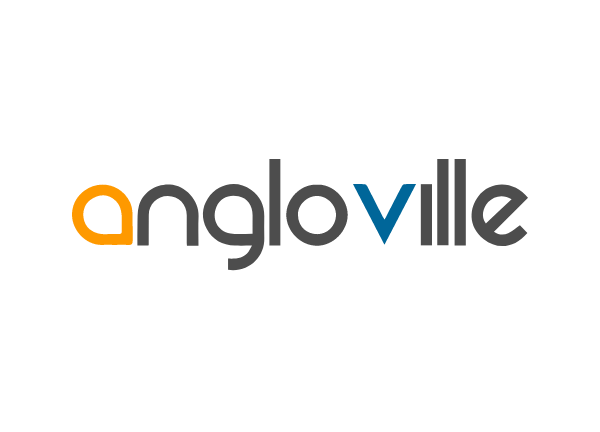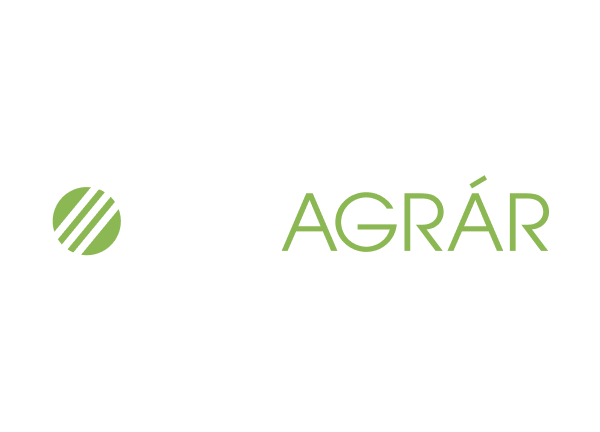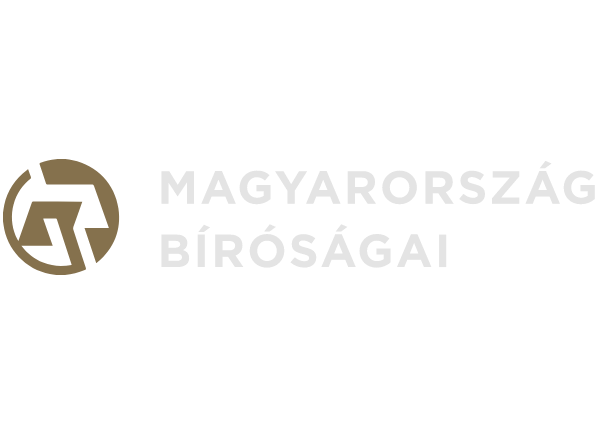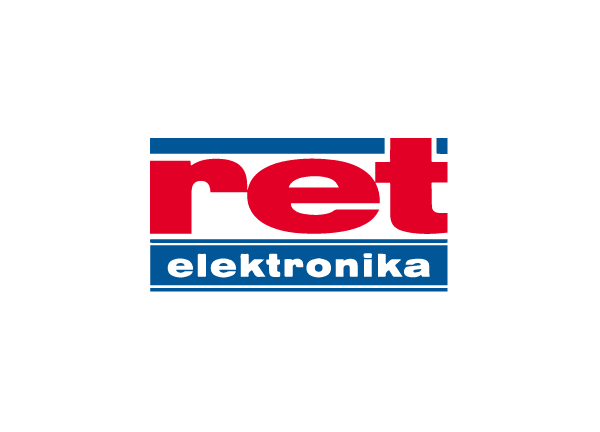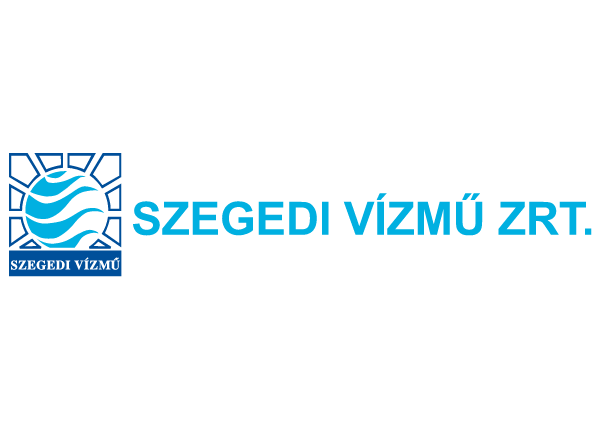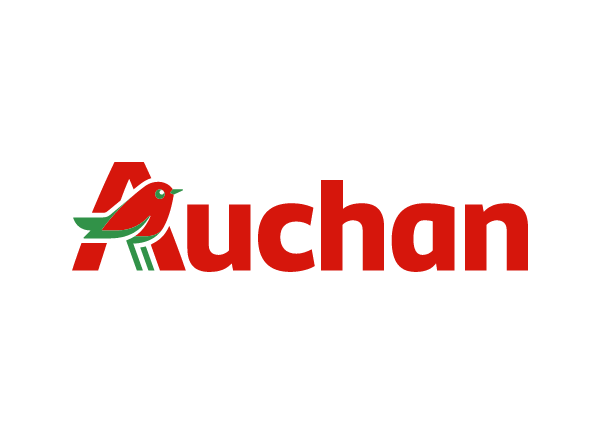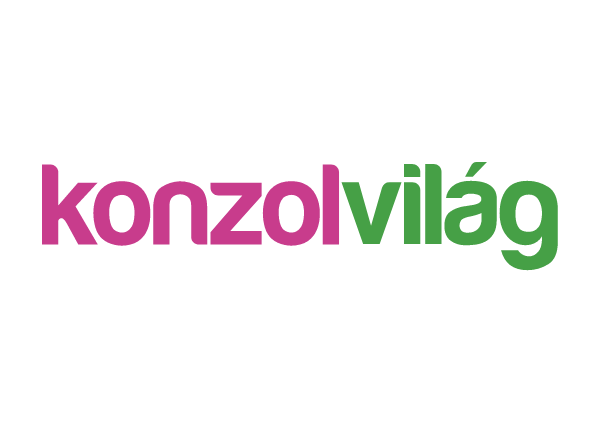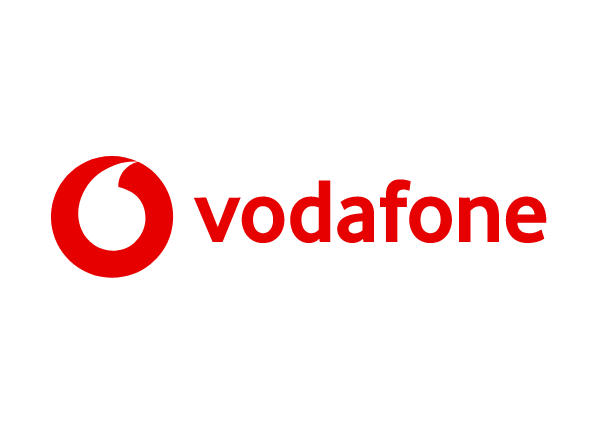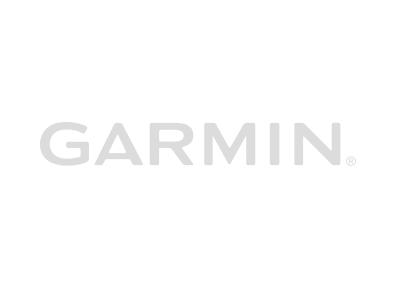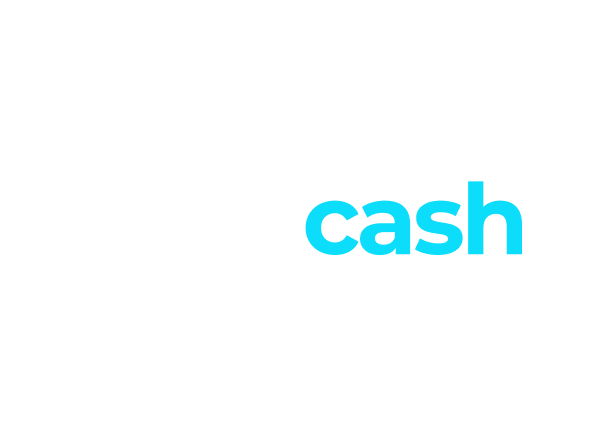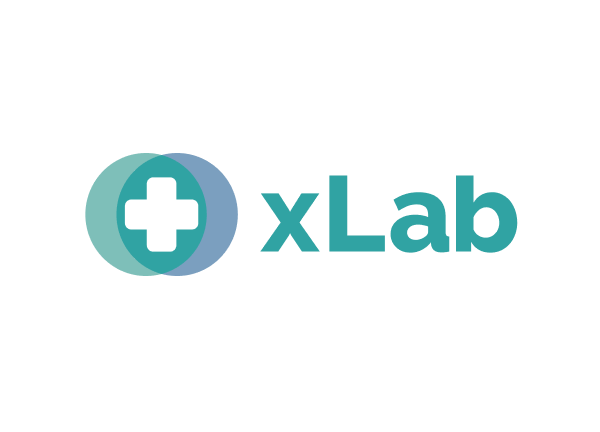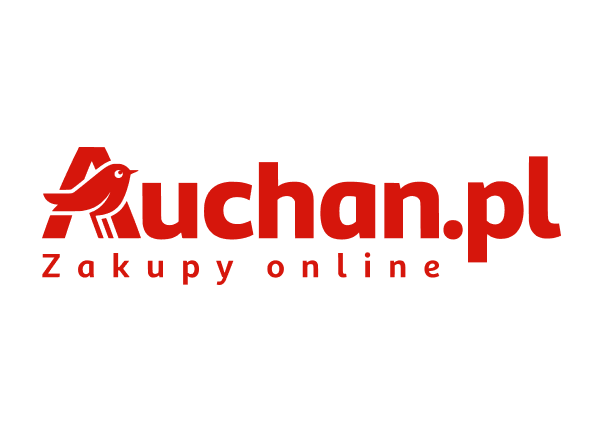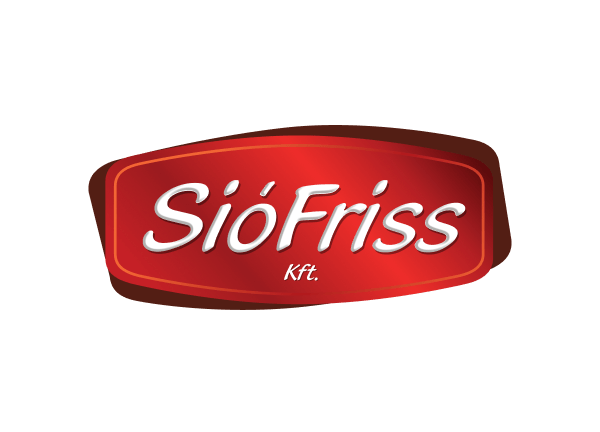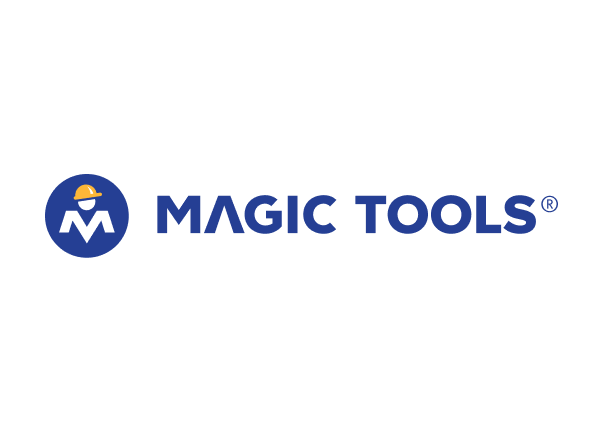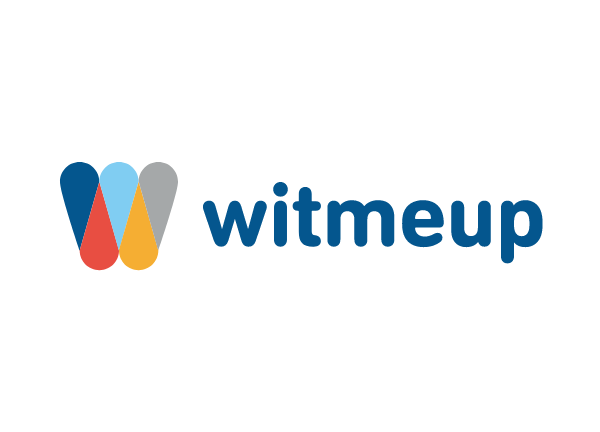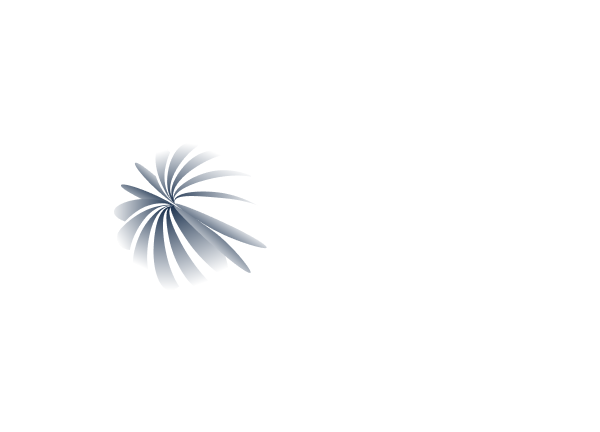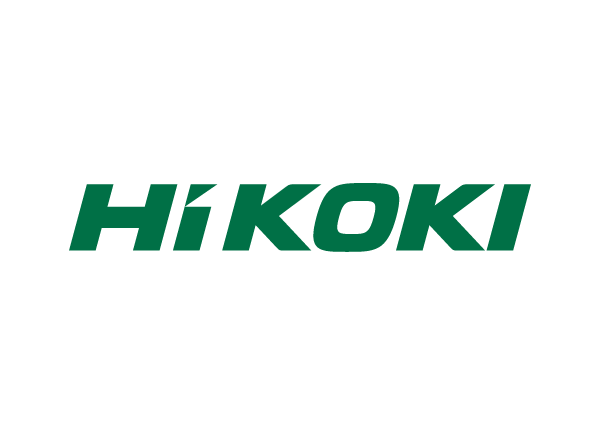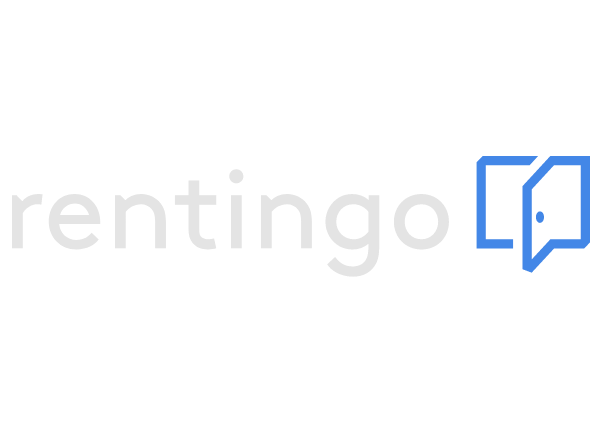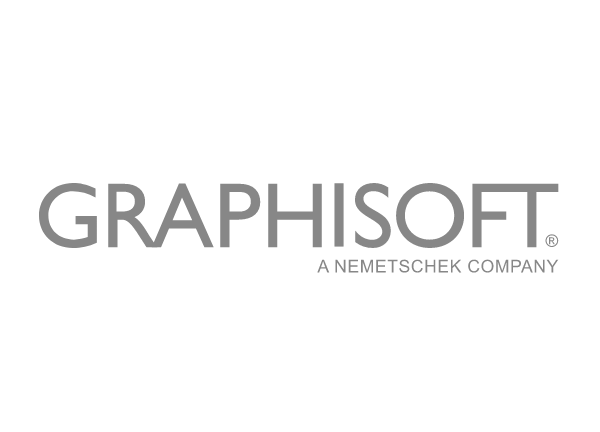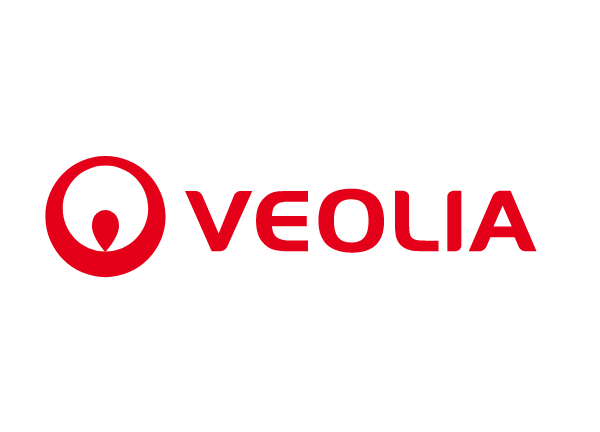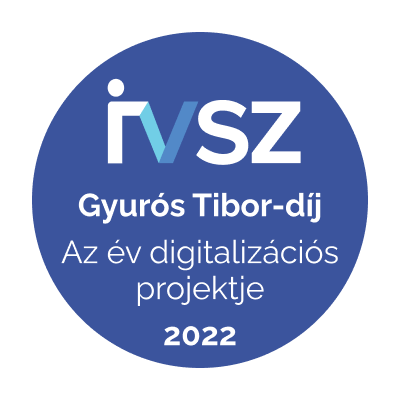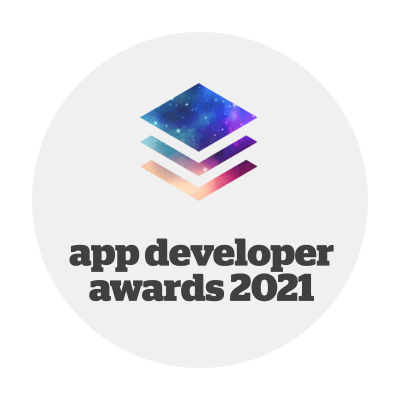Mobile application development

What mobile application development cases can we solve?
- Mobile shopping app development: as a retailer, you have a webshop and planning to launch a new online sales channel through a mobile app.
- Loyalty app development: as a merchant with a store network, you want to create a loyalty card app for your existing customers, with points collection.
- Custom mobile development: as a startup or large enterprise, you need a completely tailored mobile digital product.
- Improvement of existing mobile app:
- Refactoring to scale your existing code base to the most modern programming language
- Migrating an existing mobile application into the most optimal cross-platform or native technologies.
- IT Staff Augmentation Services. Whether you need a single employee or an entire team, we can provide you with highly qualified mobile app developers.
What mobile application development technologies do we use?
Our mobile development experts create Android, iOS and cross-platform solutions, and their technologies and frameworks include Swift, Kotlin, and Flutter.
Learn more about the mobile technologies we use.
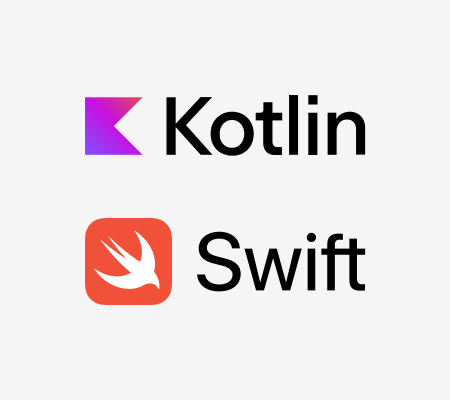
Native mobile apps: iOS development, Android development
The term native mobile app development refers to building a mobile app exclusively for a single platform, i.e. either Android or iOS. If a company wants to develop an app for both platforms, it has to do it separately for Android and iOS, with different programming languages and code bases.
In the case of native app development, the programming language officially released for that mobile platform will be used:
- For Android: Android, Kotlin, Java, Android Studio, Android SDK
- For iOS: Swift, UIKit, Storyboards, XCode, CocoaPods, RxSwift, Cocoa Touch

Cross-platform mobile application development
With cross-platform app development, code is written only once and the same code can be used on multiple platforms (iOS, Android).
The frameworks we use for them (such as our Flutter) are quite popular these days.
Learn more about the benefits of native and cross-platform mobile solutions.
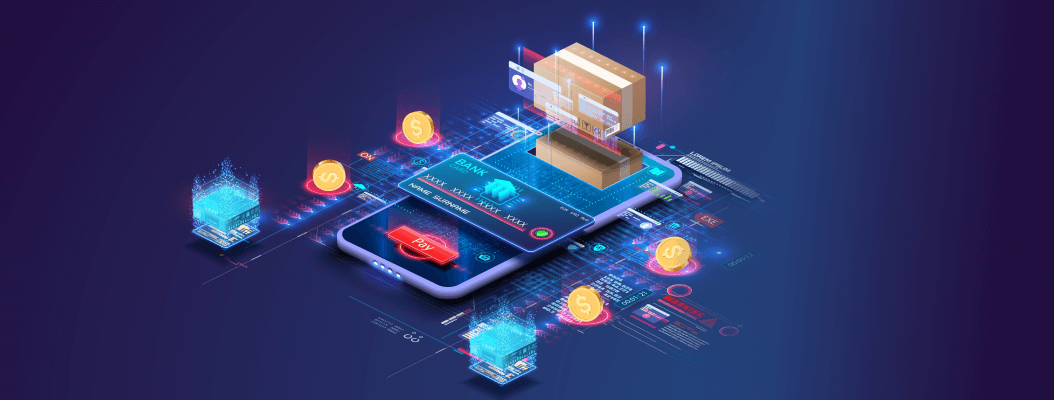
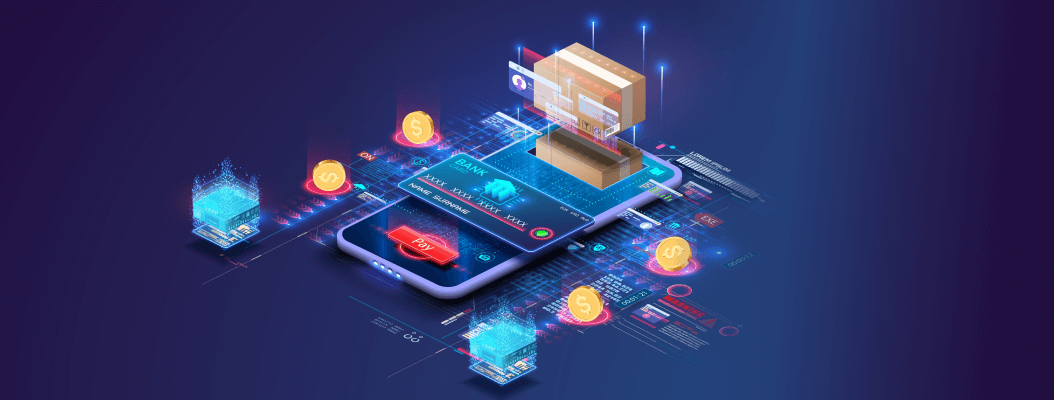
The benefits of a mobile shopping app for your business
Providing more services. An app for users who use mobile 4-5 hours a day brings another stage of development for your company. The app can start with a small functionality (loyalty app only, in the form of a digital loyalty card), which can be expanded with additional services and shop functionality later on, depending on the growth of the number of people downloading the app and their activity.
Fast, convenient shopping: the app is faster than a webshop opened in mobile view. The app is faster than the mobile app, which is faster than the mobile app. Shopping can be started on a laptop and completed in the app, even on the go.
Digital loyalty card in the app: the loyalty card is always in the user's "pocket", meaning they prefer to use it, as well as the app's convenience features to encourage them to shop.
Push messages provide constant contact with customers, and the app helps to explore customers' habits in more detail.
Reach new target groups with the mobile app. With the app, you can reach new customer groups, and it can also have an impact not only on your online presence but also on your offline presence.
Enhanced mobile customer experience. The app leverages the native features of your smartphone: you can build on the camera, scan QR codes, and bar codes, and use GPS data to offer solutions close to your location.
Omnichannel strategy for better customer service. The mobile app also makes it significantly easier to implement an omnichannel strategy, as customers can move seamlessly between online and offline channels.
Favourable rating in stores. We develop an app that is tailored to the needs of our users. Positive feedback is reflected in mobile app ratings, leading to a further increase in downloads.

How much does it cost to develop a mobile application?
The cost of developing a mobile application can range from a few million to tens of millions of forints. The final price can be affected by several factors:
- Mobile app design cost: the specification is the formulation of the business need, which in the case of an e-commerce, shopping app includes, among other things, a precise description of the online shopping process, integration with additional systems, and user management. If the specification is sufficiently detailed, it is more accurate in estimating the price and builds time of the mobile app, which means a more predictable outcome.
- Price of app development and testing: the price can be influenced by, among other things, the methodology used (agile, hybrid), the type of mobile app (native, cross-platform), the platform it is intended for (iOS development, Android development, or both), what it is used for (shopping, entertainment, education, financial, etc.).
- Mobile app operating costs: the operation (administrator) and maintenance (support) services are essential for the proper functioning of mobile applications and the continuous development of the business.
Why choose LogiNet for mobile app development?
We tailor the app to the user's needs. With fifteen years of e-commerce and mobile development experience, we apply solutions and best practices in app development that help your business grow.
Mobile app development step by step. LogiNet covers the entire process of app development, which enables us to provide a quality service tailored to the customer's needs: specification, development, UX design, testing, post-development operations, administration and support, and priority customer service.
Expert team. Our team of experienced mobile developers is familiar with a wide range of technologies (native iOS and Android, cross-platform), ensuring that we create an app tailored to your company's needs.
B2B, B2C business approach. We develop mobile apps for both B2B and B2C business models, allowing your company to sell to your target audience in an optimized way.
We have clients from multiple sectors. Our mobile app references include telecom, FMCG, telecom, agri, and startup clients. Check out our clients!
We think in an ecosystem. We believe in the product ecosystem. In the current market environment, no product can exist on its own, be it a mobile app or a B2C webshop, so we believe it is important to ensure their integration.

Mobile app development FAQ
- What is a mobile app?
A mobile application is not the same as a mobile-optimised website. A mobile app is mostly an application developed for Android, and iOS systems, which offers many more advantages compared to a responsive website.
- Why your business needs a mobile app?
With people spending on average nearly 5 hours a day on their mobile devices, about 90% of that time in apps, building a mobile app is the most effective way to reach your target audience. The advantage of a mobile app is to take full advantage of the native features of the device: push messages (sales messages, information, actions, promotions); GPS, location (map search, route planning, optimization and tracking); camera, photography (barcode scanning, augmented reality, search by image).
- What is push notification and what are the benefits?
Push messaging is a feature that allows companies to send notifications to users' mobile devices in real-time. Push messages are delivered even when the device or app is not in use.
This feature can be used to send messages about current offers, but can also include personalised discounts (for example, for birthdays) and news about new products. It can also be useful for notifying the customer of the "status" of goods ordered online, or of purchases started but not completed.
Push notifications can also be combined with location tracking. This is useful when the user is close to one of the company's stores so that he or she can view the current promotions.
The benefits of push notifications include increasing customer engagement, improving the user experience, helping with targeted marketing and increasing sales.
- How much does it cost to develop a mobile application?
The cost of developing a mobile application can range from a few million to tens of millions of forints. The final price can be influenced by several factors, such as the stage of completion of the preliminary concepts, the complexity of the task, the type of application (game app, shopping app, etc.), the development methodology chosen, and the integration of external systems required.
- Which is the better platform for mobile app development: iOS or Android?
When a company decides to launch a mobile app, the first question is usually whether to build the app for one platform first (Android or iOS) or both at the same time. The data shows that the majority of users use Android, however, in favour of those using the iOS operating system, the data shows that they earn more and spend more on in-app purchases.
If a choice between the two platforms has to be made the decision has to be taken on the basis of the existing and target customer base. LogiNet is developing a mobile app for both Android and iOS. It also develops cross-platform mobile applications.
- Which mobile app technology should you choose?
There are several options available to the developer when creating a mobile app: for native development, e.g. Swift for iOS, Kotlin for Android, Flutter, and React Native for cross-platform solutions. The technology chosen depends on the requirements and complexity of the project.
>> Learn about the mobile app technologies used by LogiNet.
- How long does it take to build an app?
Custom mobile app development usually takes 3-5 months, but the duration can be affected by several factors.
LogiNet's mobile app solution for e-commerce companies, Mcomapp, with its pre-built modules for mobile shop applications (app shop), enables retailers to go to market quickly and cost-effectively. With this product, an app shop can be set up in up to 2 months.
- What is the mobile app development process?
The mobile app development process may vary from client to client, but these steps are most likely to be covered. The preliminary needs assessment and strategy development are followed by the design process (UI/UX design with Loginet's own UX team, 22.design experts) and the development process (front-end development, back-end development). This is followed by testing, go live, support and maintenance, and further development of the mobile app.
- Why is it worthwhile to develop a digital loyalty card system on the mobile app?
Customers are more likely to return to companies that give them a loyalty card. The card can be linked to special offers, personalised promotions, birthday surprises, special programmes, limited editions, etc.
The launch of the loyalty app can be seen as a "first step" in building the e-commerce ecosystem. The mobile app, which has less functionality, can be extended with additional services and shop functions in the future, depending on the growth of the number of downloaders and the activity of the app.
If the customer considers it premature to launch a loyalty app, he can even enter the world of apps with a catalogue app. This is an app that allows the customer to view products and information about them, but not buy them.
- Who will own the mobile app once it is developed?
After development, the copyright of the application is transferred to the client and becomes the property of the client. At the end of the project, the source code is also transferred to the client, so the client also owns the source code.
- How often should you update the mobile app?
Updating the mobile application is essential, as technologies change and trends change, the target audience will demand new features. How often an app needs to be updated depends on the industry, competitors and changes in user habits, among other factors.
Learn more about us, how we work, how we help our customers grow online!
(The video is available in Hungarian language.)
References
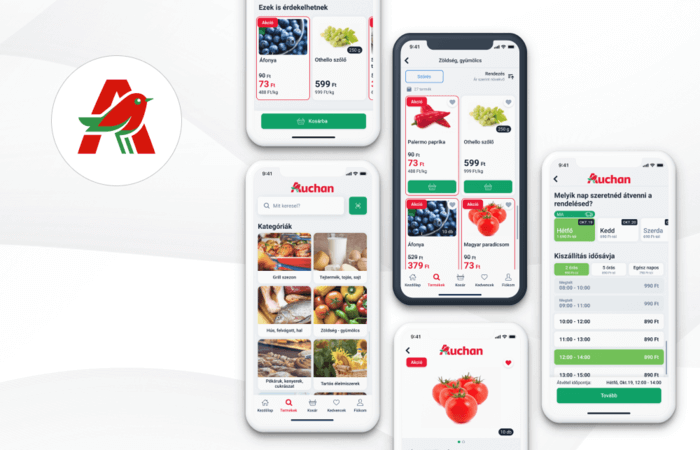
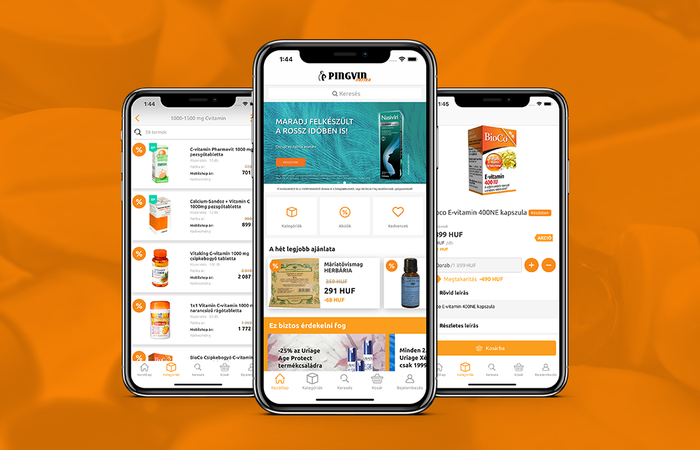
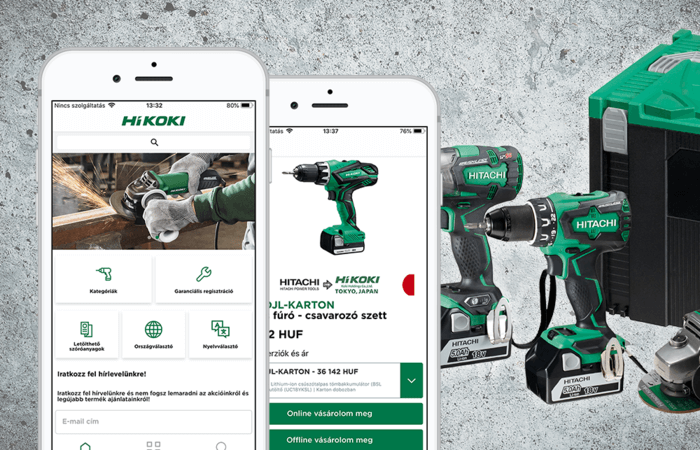
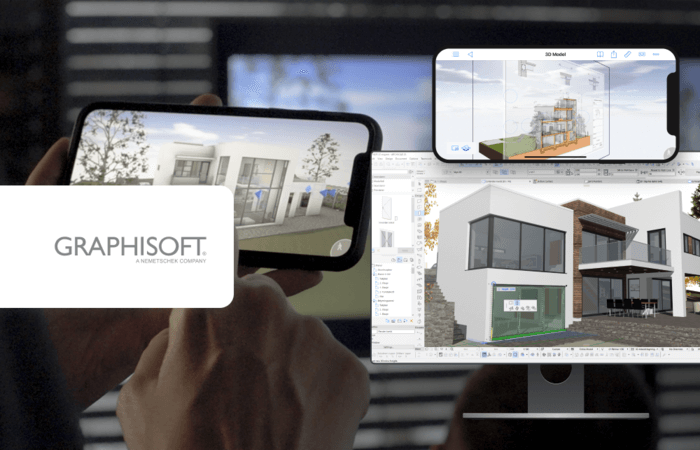
Customer Testimonials

There's no better marketing reference than a customer's lasting relationship with a company. Rentingo has been working with LogiNet Systems Ltd. since the beginning, and since the company is also responsible for the upcoming developments, this will not change in the near future. I think that says it all.
Rentingo

A mobile application is not an extra that a company either has or does not have. It is a must! Of course, a company can survive in the market without an app. However, if you want to get to the top of the podium, it is essential to have one. It is now a standard. Looking around the Hungarian market, there are few IT development companies that can meet the quality standards in this field. LogiNet is one of them.
Dovgál András, Konzolvilág Ltd.

In 2018, we decided to move with the times and adapt to changing customer habits, so we are the first in the pharmaceutical segment to introduce the "Pingvin Zsebpatika" appshop alongside our existing sales channels to serve our customers' needs even more professionally. It was a good decision to implement this project with the LogiNet team. During the months of cooperation, we received a very fast and professional solution for all our needs. The smooth operation of the appshop is confirmed by the many positive user feedbacks.
G. Fehér Marianna, Pingvin Pharmacy

There's no better marketing reference than a customer's lasting relationship with a company. Rentingo has been working with LogiNet Systems Ltd. since the beginning, and since the company is also responsible for the upcoming developments, this will not change in the near future. I think that says it all.
Rentingo

A mobile application is not an extra that a company either has or does not have. It is a must! Of course, a company can survive in the market without an app. However, if you want to get to the top of the podium, it is essential to have one. It is now a standard. Looking around the Hungarian market, there are few IT development companies that can meet the quality standards in this field. LogiNet is one of them.
Dovgál András, Konzolvilág Ltd.
REQUEST A QUOTE
Improve your business efficiency and increase your revenue with customized software solutions tailored to your business needs! With LogiNet's expertise, you can plan for the long term: let us know about your ideas, a problem you’re trying to solve or your overall business goals, and we will get back to you shortly!
request a quoteLoginet Systems kft.
-
Office address : Budapest 1117
2. Galvani street, III. floor -
HQ address : Budapest 1221
5. D Vihar St., bdg. 4. floor 15. -
-
services
- Software development
- Web development
- Mobile application development
- Digital product development, MVP development
- AI Business Process Optimization Solutions
- IT consulting
- E-commerce development
- IT support & maintenance
- IT outsourcing
- UX Design, Service Design
- UX tracking
- International e-commerce platform development
